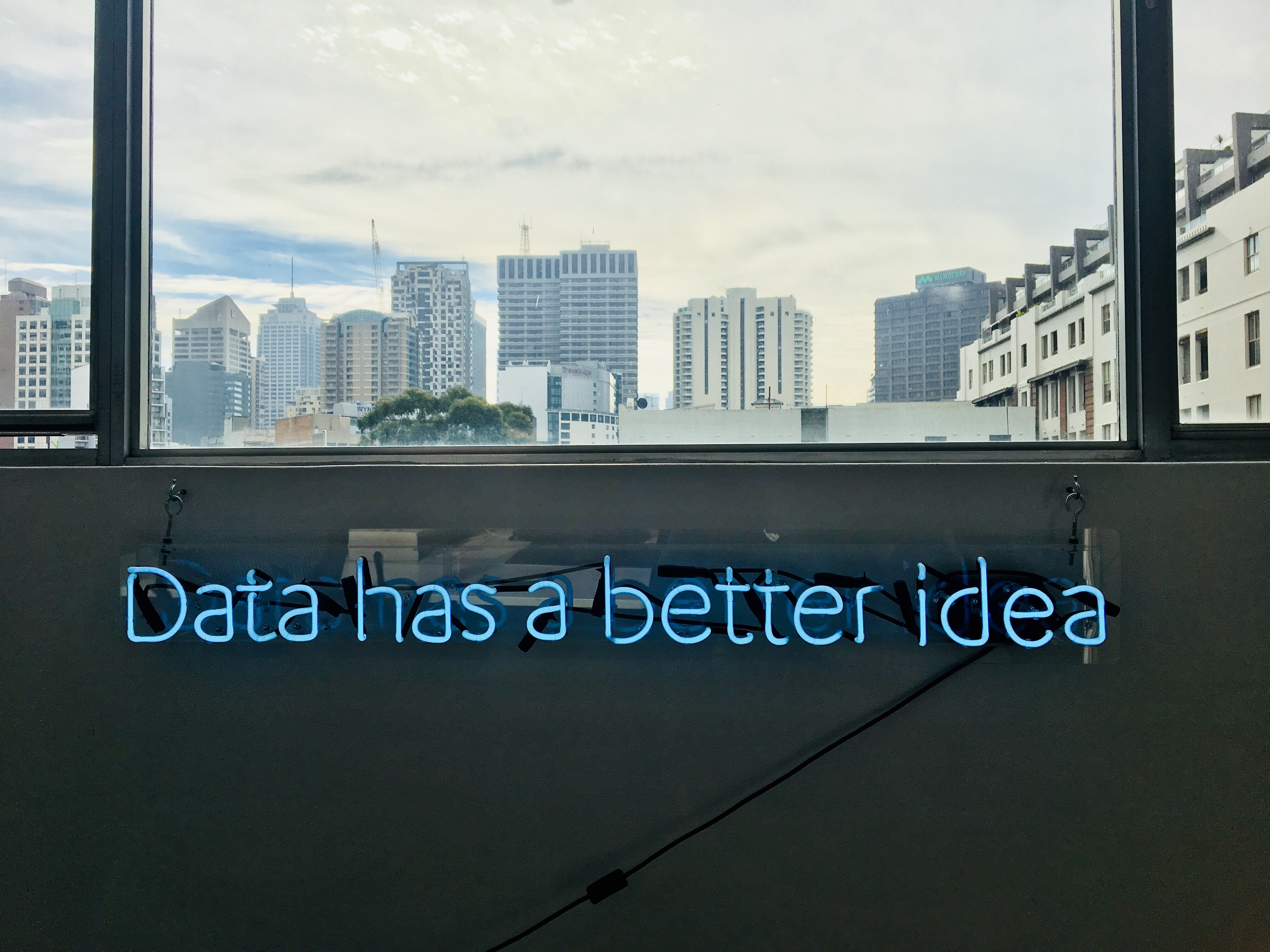Abstract:
When making the decision to use a service for personal benefits, consumers are fast to underestimate privacy-related costs and hence, freely share their personal data (uninformed consent). This cost-benefit analysis shifts, when focusing on data sharing for a social good. We show that asking people to use a service that serves a social good (containing the spread of the coronavirus), they overestimate the costs and rather not use the service due to their privacy concerns (misinformed dissent). To increase data sharing for a societal cause, we test two interventions on how privacy-related information should be communicated. Our results indicate that additional privacy-related information on a service (1) is not processed thoroughly when consumers already have a strong prior conviction about using the service; (2) increases knowledge and positive attitude only if the information is processed thoroughly; or (3) information is presented in a comparative manner compared to single information. In addition to the privacy-related cost perspective, we further show that consumers need be presented with either a (1) direct or (2) immediate personal benefit to share their personal data for a social gain.
